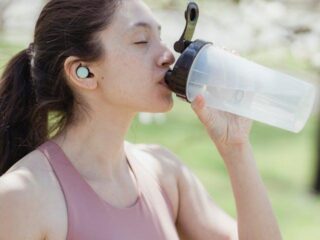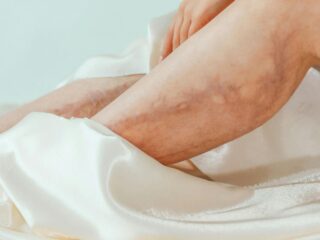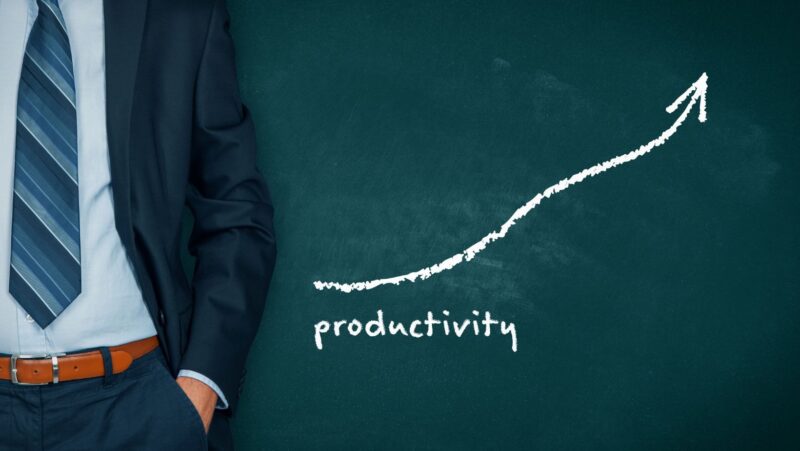
The human body is naturally designed to regulate its temperature, particularly through perspiration when cooling is needed. Any fluids lost through sweat must be replaced, meaning that people living in hot climates or those who engage in physical or sporting activities have higher fluid requirements to replenish what’s lost. electrolyte powders can help support proper hydration in these cases and are also recommended for individuals undergoing intensive sports training. Additionally, fluid requirements increase for lactating mothers, as breast milk provides essential fluids and nutrients for the nursing baby.
Electrolyte powders and drinks line the shelves of every health store, but do you really need them if your main workout is a daily commute or chasing deadlines?. We spoke with Kat Benson and Rachel Gargano, sports nutritionists, to get their insights. Let’s break down when electrolytes matter for non-athletes, how to tell if you need extra support, and how to choose (or skip) supplements wisely.
The Relationship Between Fluids and Health
Fluid plays an important role in weight management, as well, particularly if they are calorie-free beverages. Drinking fluids before a meal can make you feel full and reduce your appetite.
If the body is under hydrated, one would begin to experience feelings such as fatigue, dizziness, dry mouth, poor concentration, muscle cramps, migraines. Sometimes, just drinking more water can make a big difference. It can support treatments for pain and other chronic or muscle-related conditions and in some cases, even offer instant migraine relief.

What Are Electrolytes & Why They Matter Outside the Gym
Kat Benson, CSSD, CPT explains: Electrolytes are minerals, mainly sodium, potassium, magnesium, and calcium that carry electrical charges, helping your muscles contract, your nerves send signals, and your body stays hydrated. The body maintains electrolyte balance through many mechanisms, like renal regulation, hormonal control, and intestinal absorption. These processes work together to ensure that electrolyte concentrations remain within a narrow range, enabling proper physiological function. You lose electrolytes through sweat, illness, and even mild dehydration. The key question is whether those losses are significant enough to require a supplement.
Everyday Electrolyte Loss (No Workout Required)
You don’t need to be an athlete to lose electrolytes. Everyday life can deplete them modestly, especially if you:
- Spend long hours outdoors in heat or humidity
- Have a fever, vomiting, or diarrhea
- Drink alcohol (a mild diuretic)
- Follow a diet low in potassium and magnesium but high in sodium
University Hospitals and the AHA note that low dietary potassium is common: only about 2% of U.S. adults meet daily recommendations. Magnesium intake is also low among adults who rely heavily on processed foods. If you’re generally healthy, these mild imbalances are better corrected through food rather than a supplement mix.
Decision Framework: Do Non-Athletes Need Supplements?
Most non-athletes don’t need electrolyte supplements. Water and a balanced diet are enough for typical desk days. You may benefit during prolonged heat exposure, heavy sweating, illness, or outdoor work. Signs you need replenishment include dark urine, dizziness, or muscle cramps. Otherwise, skip the extras, try electrolyte powder only when those conditions apply.
| Situation | Need Level | Best Option |
| Typical workday indoors | No need | Water + produce |
| Hot, humid commute or travel | Maybe | Water + salty snack |
| Illness or prolonged sweating | Yes | Low-sugar electrolyte powder |
| Long outdoor labor or events | Yes | Electrolyte mix every 1–2 hrs |
How to Choose (and What to Avoid)
When a supplement makes sense, look for criterias that will help you. What to look for:
- Balanced minerals: Sodium (100–250 mg), potassium (150–400 mg), magnesium (50–100 mg)
- Low sugar: < 5 g per serving
- Clean label: Few artificial dyes or flavors
- Transparent sourcing: Clearly listed ingredient amounts, no proprietary blends
What to skip
- High-sugar “sports drinks” (empty calories)
- Powders with > 300 mg sodium unless under medical advice
- Products claiming “instant energy” or “detox” effects
Remember that most of the time food already has everything you need to keep healthy and with the minerals balanced. You can try these options: bananas, oranges, yogurt, spinach, beans, and nuts naturally supply these minerals.
Risks and Common Mistakes
Excess electrolytes can lead to heart rhythm issues, fatigue, nausea and more. This is why it is important to maintain a balanced diet and drink the right amount of water. After all, most of the minerals we need are already present in fruits and vegetables. If you are unsure whether you need supplementation or not, find out when you should consult a doctor to clear up these doubts:
- If you have chronic kidney disease
- Heart failure
- Use of diuretics or ACE inhibitors
Practical Takeaways for Everyday Hydration
Think of hydration as a hierarchy:
- Water first: most people need 2–3 L per day.
- Diet second: load up on fruits, vegetables, and lightly salted meals.
- Supplements last: only during heat, illness, or heavy sweat.
When you do supplement, choose transparent, third-party-tested options formulated with balanced minerals and no synthetic additives. For a broader look at daily nutrition support beyond electrolytes, you can explore sites like VNutrition and Wellness for RD-reviewed superfood alternatives.
FAQ
Do desk workers need electrolytes?
Usually no, water and balanced meals maintain electrolyte balance.
Is coconut water enough?
Sometimes; it offers potassium and magnesium but can be high in sugar.
How much sodium/potassium per day?
Aim for less than 2,300 mg sodium and around 4,700 mg potassium daily (AHA potassium primer).
Conclusion
For most non-athletes, electrolyte supplements are situational, not daily essentials. Start with hydration and nutrient-rich foods, then add a clean, low-sugar blend only when heat, sweat, or illness demand extra support. Transparent, RD-formulated options that you can find online can provide balance without unnecessary additives, a smart, practical choice for modern wellness.












